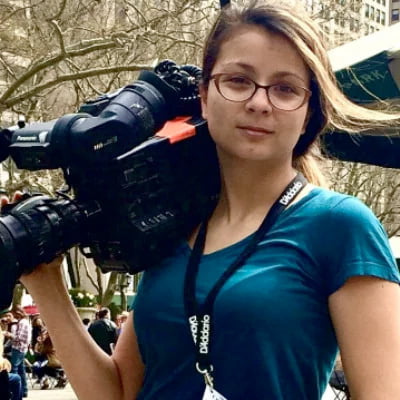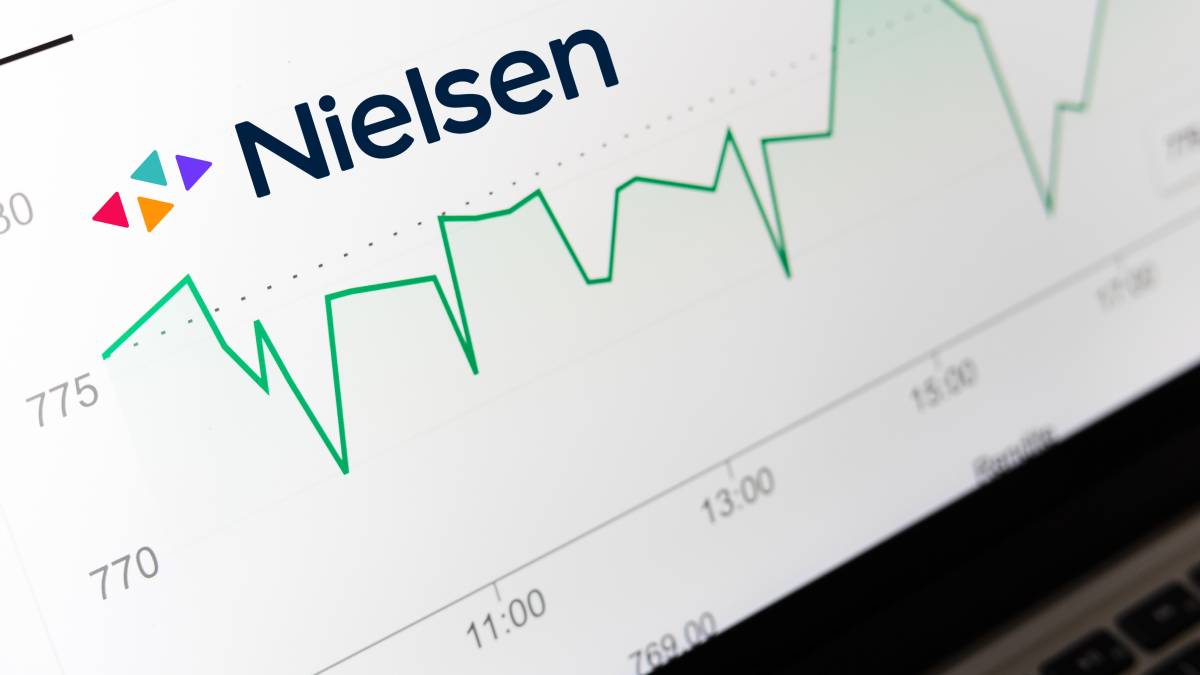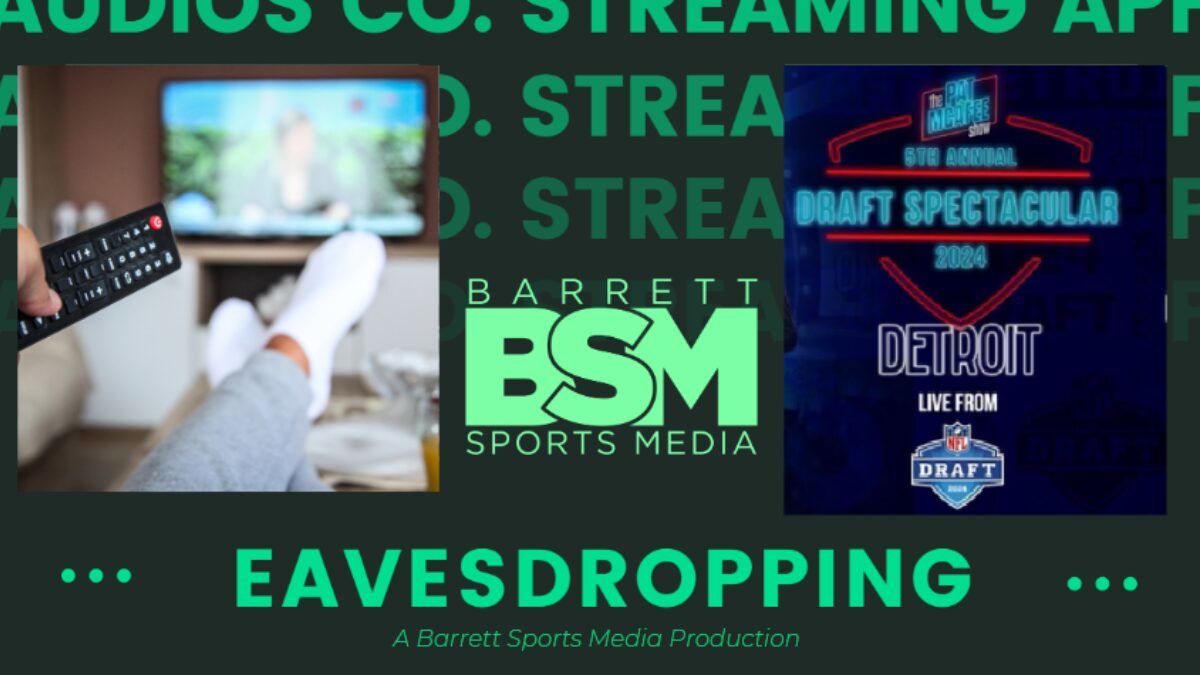As concerns grow about the changing media landscape Executive Vice President and head of radio for Cox Media Group Rob Babin believes the future is bright.
“I think it’s very bright. I think for broadcasters it’s very bright as well. For me, I can’t sleep because I’m living without thinking about the optimistic future we have and all the opportunities,” he told Barrett News Media over a Zoom call.
Over the last 23 years, he’s helped Cox navigate through some of the most challenging sales and marketing times of our generation. Of note in 2008 as local advertisers were cancelling commercial spots, Babin and his team called them back in turn helping the station and local stores stay afloat during the financial crisis.
“Let’s go to the client. Let’s understand the challenges. What we began to realize were some of those contracts of home builders are drying up, right? And while they may have been advertising, they weren’t really focused on consumers.”
Babin and his team began to hold seminars for local business owners to repurpose and refocus their services. “I met with the president of the Metro Atlanta Automotive Dealer Association because, back then, car sales were really plummeting. Dealerships were in trouble. So I met with the president on behalf of WSB Radio to say, ‘Ok, how do we help? How can I run PSAs to educate consumers on now’s the time to buy cars?’”
Babin met with several businesses like this to help support them, and in turn, his station, during 2008 and 2020 when businesses were struggling. “We’re still continuing to do it. And I think we deepened our partnership.”
He noted being FCC-licensed does not stop at radio talent but stretches to advertising as well. “We have to remember our job is to ensure that we serve the public.”
In Atlanta, radio stations have served the public for 102 years and Babin believes the durability comes from evolving with the medium. “We’ll have to evolve it. We have to continue to think about how do you connect audiences. With artists. We needed to continue to think about what we’ve always done, right? Local events that help the local markets come together.”
It’s the industry resiliency that is what makes him look so positively on the future of radio. “I think that we are — as an industry — taking ownership of that and asking the questions. Tough questions. How do we continue to capitalize on our local audiences, our content, our advertising services, and put our feet on the street in the markets.”
Babin does have one caveat when it comes to the future of radio: Artificial Intelligence.
“My concern is ensuring that our airwaves remain free and clear to the public, and we continue to sustain the trust that what you hear on the airwaves are, in fact, real people, and the content is actually independent of any central AI machine, if you will.”
Long before he was an industry veteran, Babin’s career first stemmed from love and a dream. “I love what I do. This is what I wanted to do since I was a kid.” He often moved a lot as a child, but radio was always there. While his counterparts in the 80s were making mixtapes, he was making commercials. He lived all over the world, including France and Germany, before deciding on Southeastern Louisiana University.
While in school, he got a job at a family-owned station reading the Swap Shop and the daily obituaries. It’s this connection that gave him more passion “to hear the callers really rely on a radio station, (and) really look at the radio station as a close friend, as a family member. And that’s where I became really passionate about the business.”
From there he worked B2B selling copiers, before hearing an ad on — you guessed it — the radio.
“I was driving in 100-degree weather in south Louisiana, and I heard an ad on 100.7 The Tiger, my favorite radio station, for an advertising sales position. And I’m like, ‘Wait a minute.’ I literally got in a car and drove to the radio station. Went into the station, asked for the general sales manager. She interviewed me on the spot and hired me. So that began my career in radio sales.”
He moved to a few other family-owned stations, all of which were bought by larger conglomerates. Before Babin took the leap into Cox, he wanted to make sure he was going to the right place.
“I wanted to find a company that I wanted to actually look and spend time to say, ‘Alright, what’s the right company I need to join?’ And I read about Cox Radio, and we didn’t have Cox Radio in New Orleans. But we had all of the different books and magazines about Cox Radio and their focus on people and community. And I knew for sure this is the company I want to join.”
Babin has taken every opportunity he could to accomplish his dream. His advice for those wanting to live their dreams is simple. “ If you have a dream, do something. Doing makes a dream come true.” He later added, “I want them to know that there is absolutely a path, as long as they understand themselves, to give themselves the opportunity to take risk and to know that it’s micro steps that get you to where you want to be.”
Babin said of his role in the industry, “We’re building businesses for advertisers, by helping them with marketing solutions. And when the businesses in our community are strong, that means people are strong in our communities, and we can hire them.
“And then the overarching community itself, the fact that we are life-saving information, that we are the connector to resources of our community, I can’t imagine a better career or profession than broadcasting. Yes, it’s been tough. Yes, it will continue to be tough, but we’re going to make sure this business continues for the next hundred years.”

Krystina Alarcon Carroll is a news media columnist and features writer for Barrett Media. She has experience in almost every facet of the industry including: digital and print news; live, streamed, and syndicated TV; documentary and film productions. Her prior employers have included NY1 and Fox News Digital and the Law & Crime Network. You can find Krystina on X (formerly twitter) @KrystinaAlaCarr.







